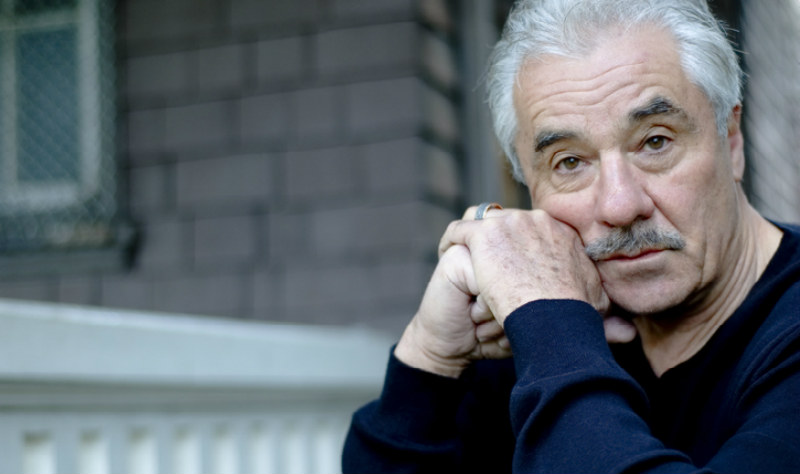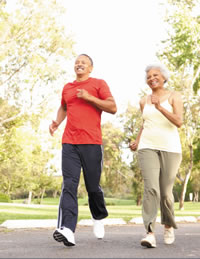Male Manopause: Myth or Reality?
"Referring to it as the male menopause or 'manopause' is a bad idea, as women rightly feel that's an appropriation of a specifically female complaint."
"But, while men often think of hormonal changes as a 'women's thing', it can happen to them, too."
"If a man in his 50s complains about a low libido, there's a tendency for his doctor to say: 'What do you expect, you're too old to be a sex god anymore'. But if that's harming the patient's sex life, why not at least investigate?"
"After all, we don't tell people they don't need glasses or hip replacements as they get older."
Andrew Carruthers, managing director, Centre for Men's Health clinic, Great Britain
"Doctors should be more aware of the possibility of testosterone deficiency in a small minority of middle-aged and older men and be more prepared to measure testosterone levels."
"[TRT is not] a remedy for symptoms associated with aging."
Professor Frederick Wu, endocrinologist Manchester University
"Erectile dysfunction doesn't have a good correlation with low testosterone -- it's usually down to problems with arteries, which affect the flow of blood around the body."
"If you want to improve men's libido, you're much better looking at exercise, diet and lifestyle first. That may sound boring, but it's important."
"[With 'Big Pharma' now involved, the use of TRT may increase, even if there are those who believe it's an instance of] manspreading [in medicine], 'manopause' [may be here for good]."
Terry Maguire, community pharmacist, medical blogger
 |
| Is ‘male menopause’ a real thing? Well, sort of, but not really. MDLinx |
The TRT industry in fact is booming in the United States where 13 million men are now actively undergoing the therapy as a treatment. Testosterine replacement therapy was once associated with bodybuilders and the fighting sports, but it is no longer monopolized by those groups, it has become a mainstream industry with millions of men taking it up as a solution to their low libido state and moodiness. Aggressive marketing campaigns aim directly at the average American male.

All this while the medical establishment has its doubts that "male menopause" is an actual condition, let alone whether treatment is necessary. The term itself is considered "unhelpful" on the website of Britain's National Health Service where it is pointed out that, men, unlike women, do not routinely experience a dramatic drop in hormones in middle age, much less specific alterations such as menstruation cessation. Weight gain and loss of sex drive are likelier, it suggests, to be caused by poor diet and lack of exercise.
Signs of low testosterone
MIND• Depression
• Reduced self-confidence
• Difficulty concentrating
• Disturbed sleep
BODY
• Declining muscle and bone mass
• Increased body fat
• Fatigue
• Swollen or tender breasts
• Flushing or hot flashes
SEXUAL FUNCTION
• Lower sex drive
• Fewer spontaneous erections
• Difficulty sustaining erections
Male hormones are known to decline gradually from the age of 30 or 40 at the rate of two percent annually. On the other hand, a medically recognized condition, the andropause or hypogonadism (testosterone drops much more than normal) is well known. The British Society for Sexual Medicine last year issued guidelines suggesting levels of less than eight nanomoles per litre of blood should be viewed as a requirement for TRT, while over 12 should not.
A widely reported study produced by Mr. Carruthers' clinic (where TRT therapy is offered) in 2015 concluded one in five men may suffer from testosterone deficiency, even while other estimates place the number at one in ten, with only one in 50 likely to benefit from treatment. At the same time there is the obvious: that private clinics have a defined financial interest in offering treatments; incentivizing potential clients is good for that whopping big bottom line.
 |
Understand the potential risks and consider alternatives before boosting your hormones indefinitely. Harvard Health Publishing, Harvard Medical School |
Labels: Aging, Health, Male Low Libido, Medical Advice, Testosterine Replacement Therapy

0 Comments:
Post a Comment
<< Home